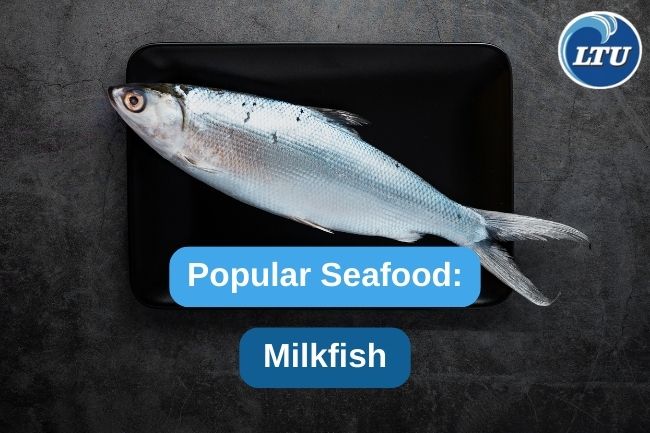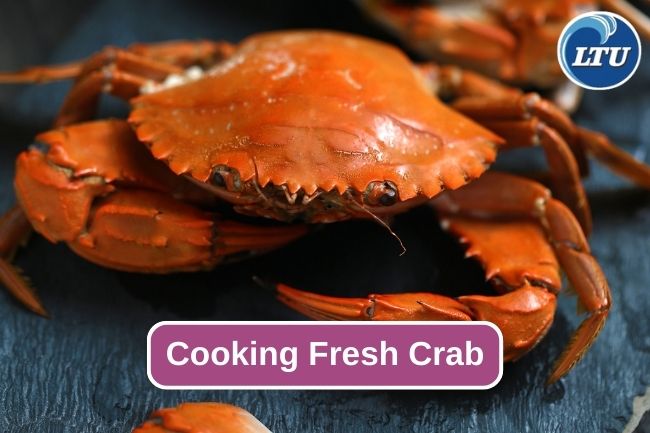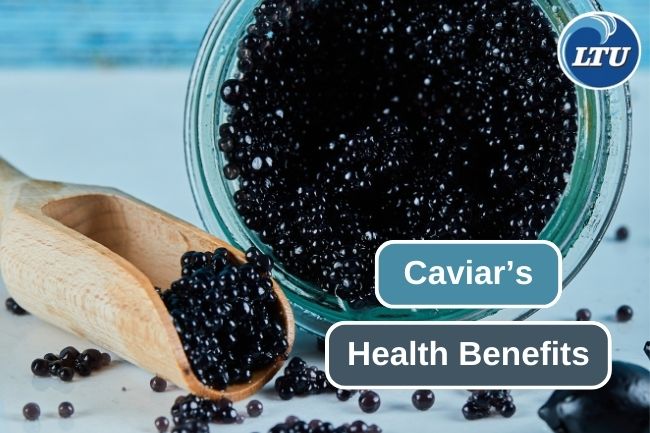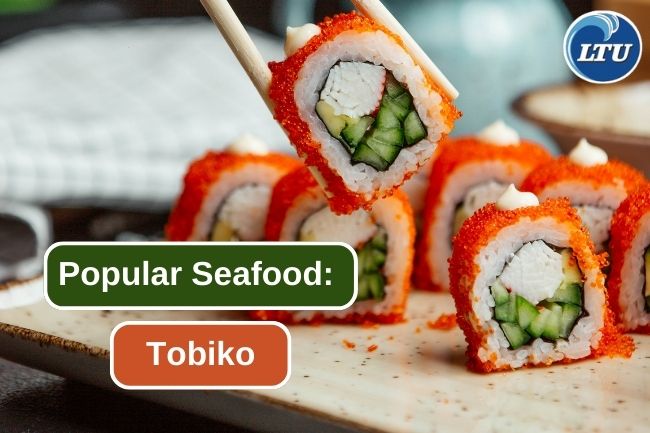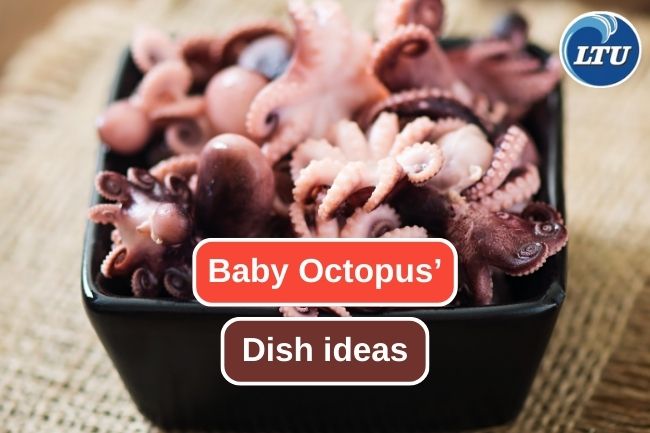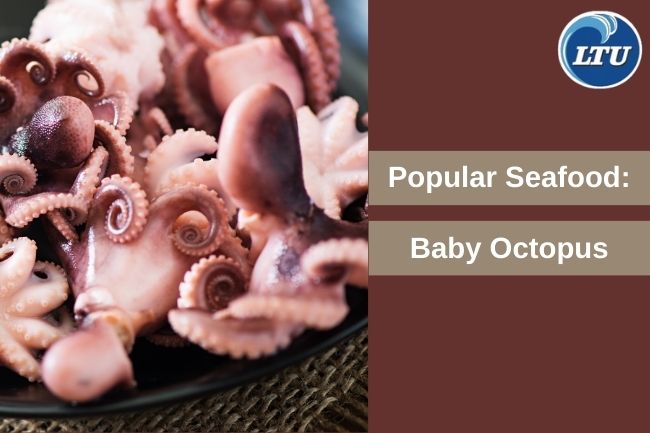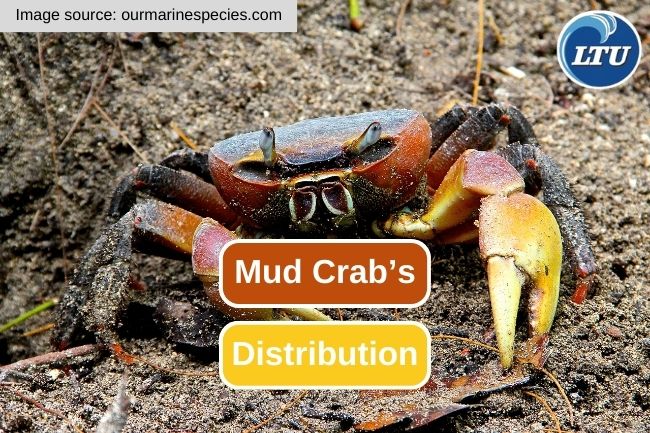The Hidden Pitfalls of Pescatarian Lifestyles
By. Nevanda - 14 Sep 2023
lauttimur.com - In the quest for healthier and more sustainable dietary choices, the pescatarian lifestyle has emerged as an enticing option for many. With its emphasis on plant-based foods complemented by seafood, it offers a range of health benefits and aligns with environmental consciousness. While a pescatarian lifestyle offers several potential benefits, it also has some disadvantages and considerations to be aware of:
1. Limited Protein Sources
Pescatarians primarily rely on fish and seafood for animal protein. Depending on individual preferences and accessibility, this limited range of protein sources may lead to monotony in the diet and potential deficiencies in other essential nutrients.
2. Expense
High-quality seafood can be expensive, which may make a pescatarian diet less accessible to some individuals or families.
Read also: The Nutritional Profile of Smoked Fish
3. Environmental Concerns
Although seafood is generally considered more environmentally sustainable than red meat, overfishing, bycatch, and habitat destruction are still significant issues. Pescatarians need to be conscious of their seafood choices and opt for sustainable, well-managed options to mitigate these concerns.
4. Mercury Exposure
Some fish species, especially large predatory fish like swordfish and shark, can contain high levels of mercury, which can be harmful, especially for pregnant women, nursing mothers, and young children. Pescatarians need to be selective about the types of fish they consume to minimize mercury exposure.
5. Risk of Contaminants
Seafood can also be contaminated with pollutants like PCBs (polychlorinated biphenyls) and dioxins. While regulations are in place to monitor and limit these contaminants, it's essential to choose seafood sources carefully and prioritize fish with lower contamination risk.
Read also: 8 Reasons Why Eating Fish Is Good during Pregnancy
6. Omega-3 Imbalance
While fish is an excellent source of omega-3 fatty acids, there can be an imbalance in omega-3 to omega-6 ratios if a pescatarian diet includes a lot of processed or fried seafood. A proper balance is essential for optimal health.
7. Nutrient Considerations
Pescatarians need to pay attention to nutrients such as vitamin B12, iron, and zinc, as these are primarily found in animal products. While fish and seafood provide some of these nutrients, it's essential to ensure an adequate intake through other dietary sources or supplements if necessary.
In conclusion, while a pescatarian lifestyle has its advantages, individuals considering this diet should be mindful of the potential disadvantages and take steps to address them through informed food choices and dietary planning. Consulting with a healthcare professional or registered dietitian can help navigate these challenges and ensure a well-balanced pescatarian diet that meets individual nutritional needs and ethical considerations.
Read also: The Annual Journey of Pacific Bluefin Tuna

